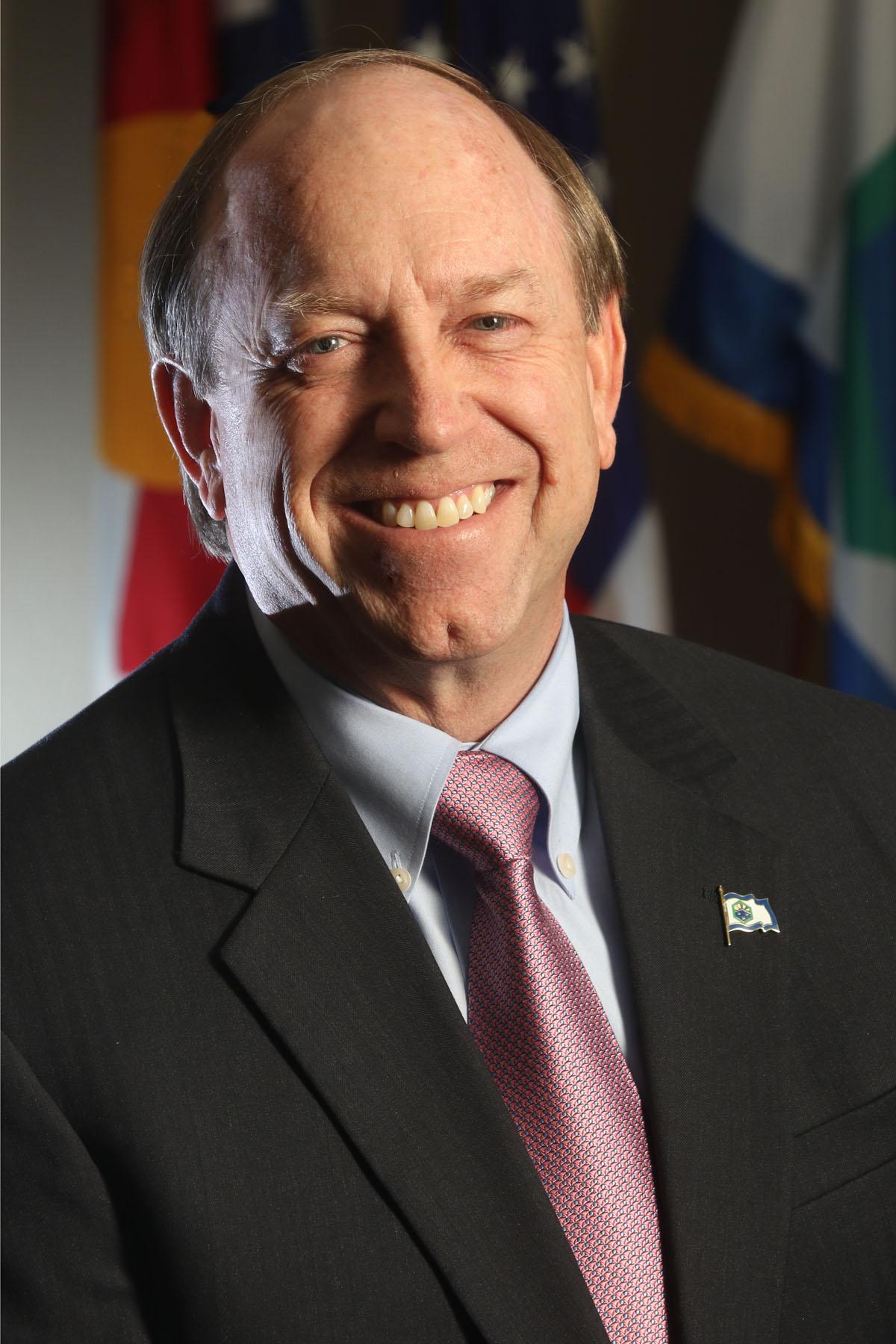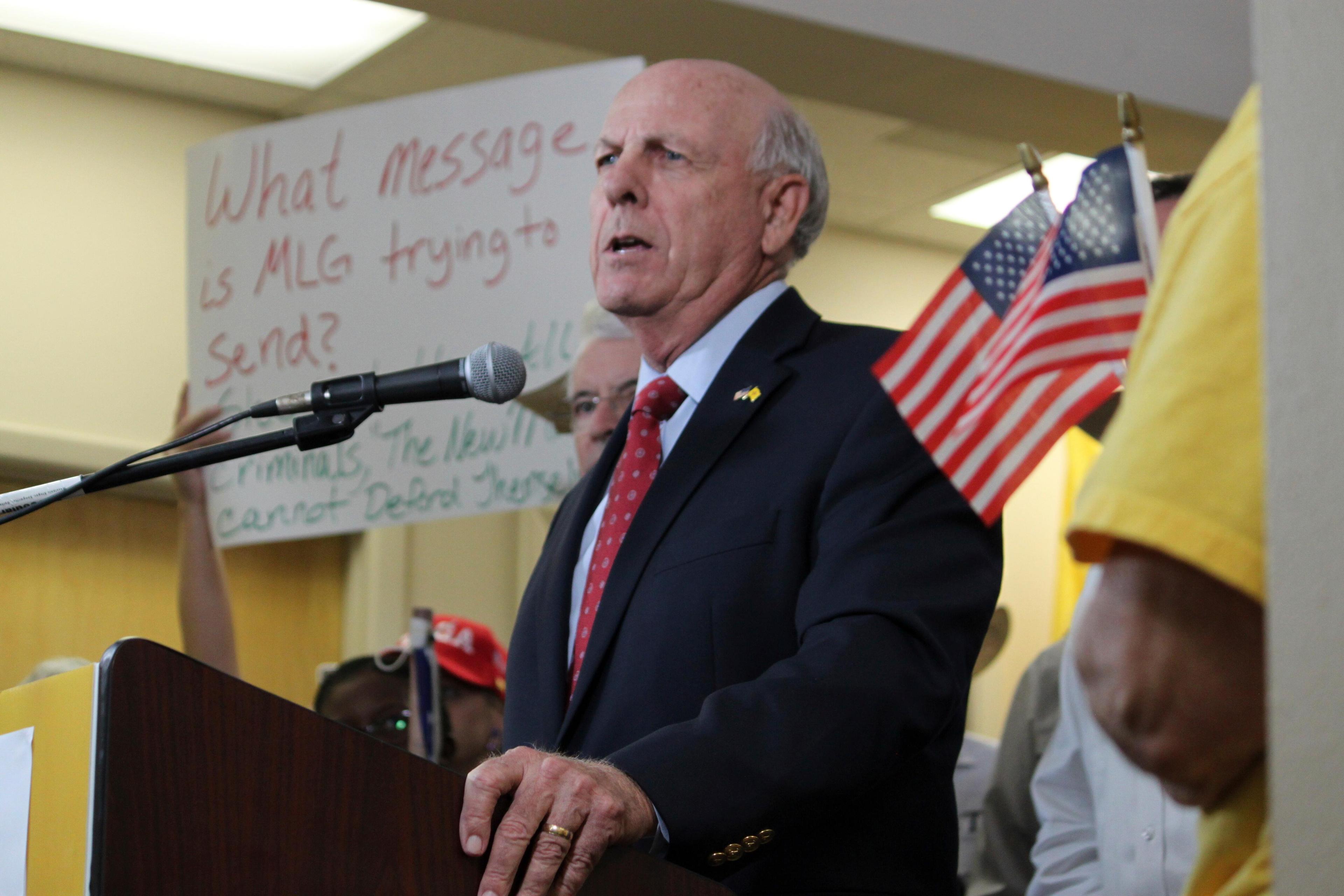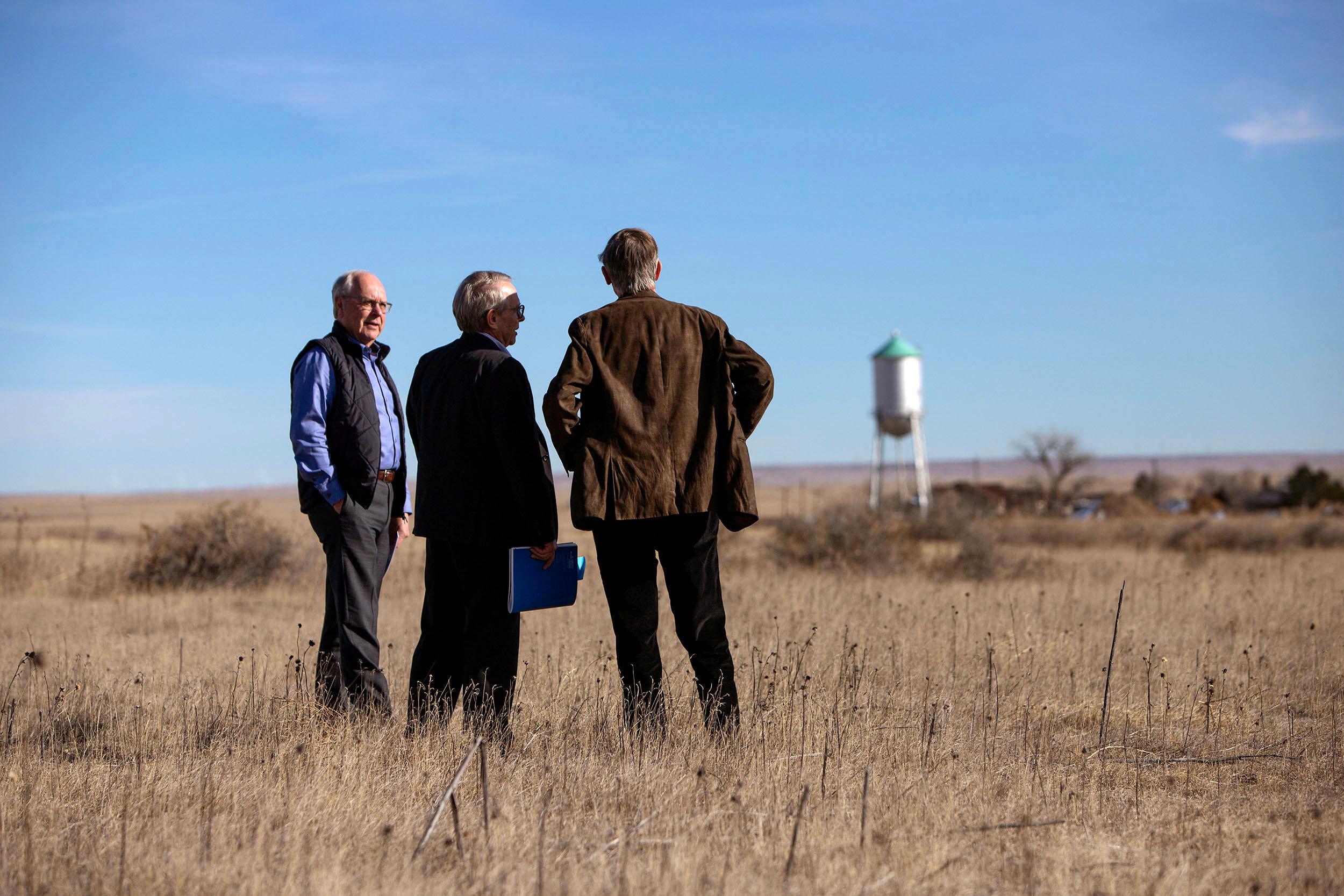

Colorado’s second largest city is having a tax crisis — and depending on who you ask, the solution lies in either stormwater or marijuana.
Specifically, stormwater fees and taxes yielded from recreational marijuana.
Because Colorado Springs’ residents voted out stormwater fees eight years ago, city leaders have been saddled with millions a year in costs to manage flows downstream. It hasn’t been going well: pollutants flowed downstream to Pueblo County and the city was actually sued by the Environmental Protection Agency for mismanagement.
Springs Mayor John Suthers said the now roughly $20 million he’s forking out annually from the general fund is breaking the city’s budget and preventing city officials from caring for city parks and replacing the city’s aging vehicle fleet among other concerns.
“You can’t do that without significantly impacting the ability to pay for other essential city services like police and fire,” Suthers said.
Enter the legal marijuana advocates. Colorado Springs is among the few cities in the state that still prohibits recreational marijuana sales — which advocates call crippling to the city’s tax revenues and fuel for the black market.
“The community is really just putting criminals in charge,” said Mike Elliott, who runs Citizens for Safer Neighborhoods, a pro-marijuana group funded by the medical marijuana industry.

The citizens group is urging city counselors to put a measure on the ballot in the fall to legalize recreational pot stores within city limits. It recently paid for a study that found recreational pot sales could raise more than $20 million a year for the city.
“We’re feeling a lot of momentum towards allowing these sales and fixing this problem. It’s just a matter of timing,” Elliott said.
Colorado Springs residents are clearly getting marijuana — just in other ways.
The city has the highest medical marijuana rate in the state, there are 6,000 more people on medical marijuana in the city than in Denver, which has a larger population, according to state numbers. The city of Manitou Springs, just a few miles down the road at the base of Pike’s Peak, has two recreational pot stores that have more than doubled that small town’s general tax revenues. Manitou is using some of their additional cash to fix its own stormwater problems.
Colorado Springs’ City Council has a new slate of members who may sympathize with Elliott’s cause. Council president Richard Skorman, who was just elected in April, said he has grander ambitions to work on Colorado Springs’ image as a conservative, religious, military town. Recreational pot sales could help with that goal, he said, not to mention boost the city’s bottom line, including hiring more law enforcement.
“We’ve gotten known for kooky elected officials in the past ... We’ve been labeled as an ultra conservative, retired military community and a lot of us think it’s a much broader community here,” said Skorman, who owns a pizzeria and wine bar near Colorado College.
Legalizing recreational pot, “would help people understand we’re not so provincial as a community,” he said.
Pro-marijuana advocates still face opposition in Suthers and other community leaders.

Suthers, a former state attorney general, said essential government services should not be paid for by the sale of something that is still illegal under federal law.
The mayor also worries that having recreational pot available for sale in the city could hurt the relationship with the U.S. Air Force and the U.S. Olympic Committee — both of which call the city home. Neither organization, he said, embraces “getting high for fun.”
“Drug sales in violation of federal law is not how you ought to pay for your police department,” Suthers said. “I wouldn’t be surprised if the military didn’t take into account the environment in the state … including access to drugs.”
The tension here is not likely to be resolved in November. Skorman said he supports putting the recreational pot issue to voters — but not this year. First, he and other city leaders, including Suthers, are working together to urge voters to approve a stormwater fee — which would solve the immediate city budget crisis.
Second, Skorman said he would like to ask Colorado Springs residents about recreational marijuana next year, which will be a midterm election and likely to draw more people out than an off-year one.








